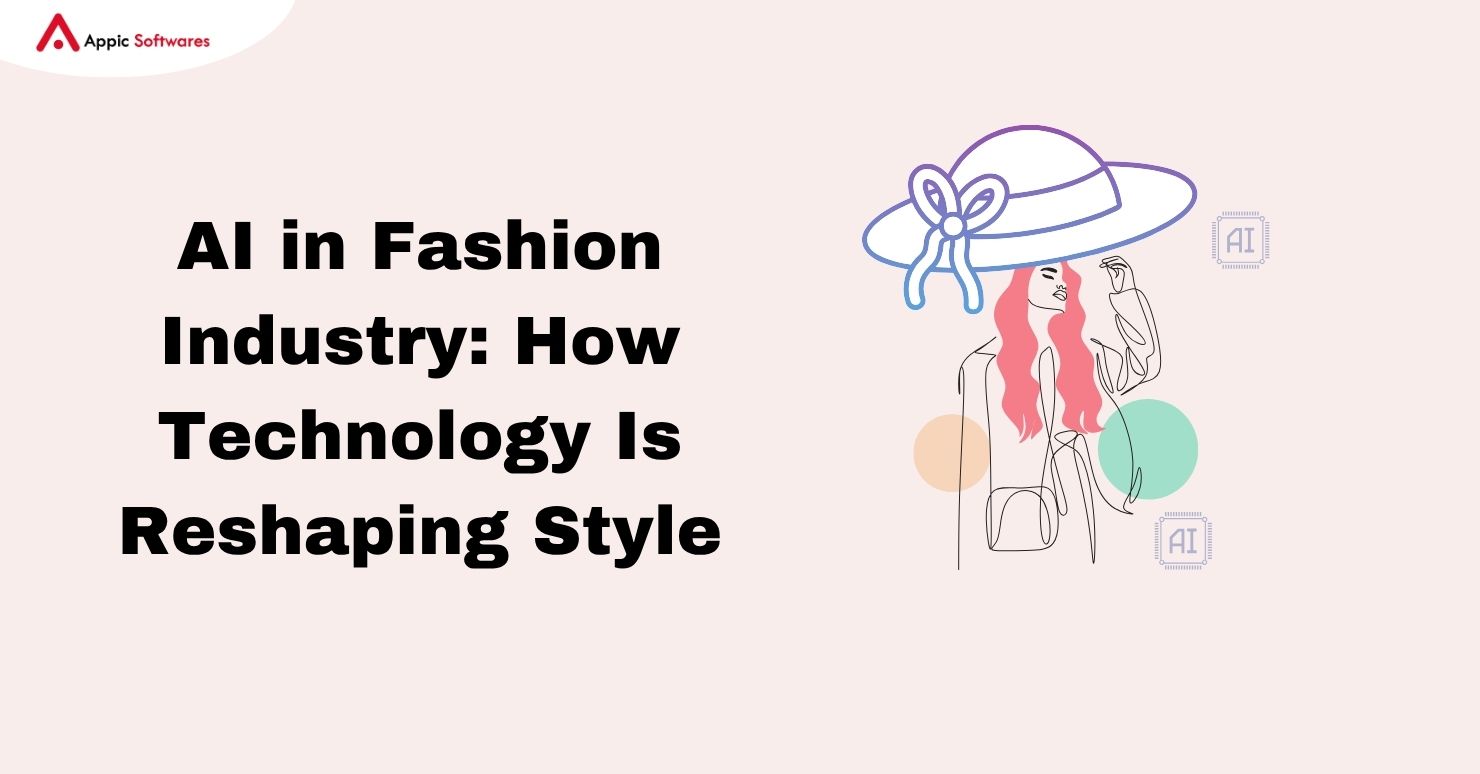
Automation enhances time efficiency and increases the probability of getting jobs done correctly, efficiently, and effectively. It also helps analyze data and make forecasts faster than humans, minimizing the chances of human error.
This article will discuss the benefits and costs of using AI in manufacturing. AI has already revolutionized the world by providing adequate and efficient automation facilities, resulting in cost savings. We will also see what drives the cost of using AI in manufacturing.
What Are AI Agents and What are AI agents composed of?

Intelligence-based systems designed to carry out tasks automatically are known as AI agents. AI agents are specifically composed of sensors, actuators, and decision-making systems powered mainly by machine learning algorithms. A few examples of AI agents are self-driving cars, virtual assistants, etc.c These agents need no human assistance to Analyze data and make judgments. They perform activities using machine learning, natural language processing, and other AI advancements. Artificial intelligence (AI) agents for manufacturing can improve, forecast maintenance requirements supply chains, monitor machinery, and even operate robotic systems in the manufacturing setting.
What Are The AI Agent Features In Manufacturing?
AI agents for manufacturing are independent, using real-time data and pre-designed algorithms to make discernment. The most prominent AI agent features are:
| Feature | Description |
| Predictive Maintenance | AI analyzes sensor data to predict equipment failures and reduce downtime. |
| Quality Control & Inspection | Computer vision detects defects and ensures high-quality manufacturing output. |
| Supply Chain Optimization | AI optimizes inventory levels, demand forecasting, and supplier management. |
| Process Automation | Automates repetitive tasks, reducing human intervention and errors. |
| Energy Management | AI monitors and optimizes energy usage to reduce operational costs. |
| Robotic Process Automation (RPA) | AI-driven robots streamline assembly, welding, and material handling. |
| Production Scheduling | AI dynamically adjusts schedules to optimize resource allocation and reduce delays. |
| Digital Twins | AI creates virtual replicas of physical systems for testing and optimization. |
| Computer Vision for Safety | AI monitors workplace safety by identifying hazards and ensuring compliance. |
| AI-Powered Decision Support | AI provides real-time insights and recommendations for better decision-making. |
Benefits of AI Agents for Manufacturing
-
AI in factory automation
In factories, AI agents can optimize operations by automating repetitive tasks, reducing human error, and allocating resources optimistically. This results in higher output and quicker production cycles.
One of the most essential advantages of AI agents in manufacturing is their capacity for autonomy. They can make decisions independently when necessary to anticipate equipment problems before they occur. By evaluating sensor data and previous maintenance logs, AI agents can plan maintenance tasks proactively, minimizing downtime and lowering repair costs.
-
Better Quality Assurance
Real-time production line monitoring by AI agents for manufacturing can spot flaws and irregularities that human inspectors might miss. This lowers waste and guarantees that items fulfill quality standards.
-
Cutting Expenses
AI agents for manufacturing can drastically cut operating expenses by streamlining procedures, cutting downtime, and eliminating waste. They can also assist producers in making data-driven choices that increase cost-effectiveness.
-
The ability to scale
The use of artificial intelligence in manufacturing to meet higher production demands is simple. AI agents can adjust to the necessary scale without sacrificing performance, regardless of whether a factory produces hundreds or millions of pieces.
What Are The Applications Of AI Agents In Manufacturing?
AI agents for manufacturing are known best for their versatility so they can be utilised in several ways. A few of them are listed below:
-
Maximization of the Supply Chain
AI agents can analyze large volumes of data to improve supply chain efficiency. They can regulate the most effective transportation routes and inventory control levels and forecast upcoming demand. This reduces expenses and delays by ensuring that materials are available when necessary.
-
Automation Process
AI manufacturing agents can automate various real-time processes, from production lines to packaging. This boosts production efficiency and eradicates the risk of human error.
-
Quality Assurance
AI agents for manufacturing can consistently watch out for production lines, using scientific vision and machine learning to inspect defects and ensure quality control in manufacturing. They can also process data from quality control tests to highlight patterns and improve processes automatically.
-
Energy Management
Manufacturing facilities require significant amounts of energy to handle large-volume tasks. AI agents can improve energy usage by examining consumption patterns and adjusting tool settings to minimize energy waste.
-
Integration Between Humans and Robots
AI agents can help humans and robots work together On the manufacturing floor. They can automate robotic systems in a way that ensures their efficient and effective integration with human labor.
-
Forecasting Demand
Precise demand forecasting is essential for manufacturing. AI agents can analyze past sales data, market trends, and other variables faster than humans to forecast upcoming demand. This helps manufacturers plan their inventory levels accordingly and produce promptly.
How Much Does Manufacturing AI Agent Development Cost?
AI agent development cost for manufacturing might vary prominently based on several variables. These are the main things to consider about:
-
Complexity Of The AI agent
The cost of manufacturing an AI agent increases with its complexity. At the same time, specific agents who can make decisions independently and perform forecast maintenance would cost more than others. Simple agents who carry out simple duties like monitoring equipment might be less costly.
-
Information Required
Information and data are necessary for AI bots to operate efficiently and effectively. However, collecting, processing, and storing this data can cost more. The development cost will also increase if the data is unsorted or needs many corrections.
-
Blending with Current Frameworks
It can be expensive and difficult to blend AI agents with going on production systems. The necessary customization level and the existing infrastructure will identify how complicated the integration process is.
-
Knowledge of the Manufacturing Team
The development team’s expertise broadly identifies the cost. However, the total development cost may increase due to the rising salaries of highly qualified AI engineers and data scientists.
-
Costs of Software And Hardware
It might be mandatory to manufacture AI bots using specific hardware and software. For example, an AI agent can request expensive performance computer resources to handle massive volumes of data quickly.
-
Preservation and Modifications
AI agents need regular maintenance and modifications to keep working. This necessitates adapting models to changing manufacturing systems, customizing algorithms, and retraining models using updated data. The total cost should account for these recurring expenses well.
-
Cohesion to Regulations
In the highly regulated manufacturing infrastructure, AI agents must be prohibited by applicable rules and regulations. The manufacturing cost may increase to ensure compatibility, especially if the AI agent is needed in specific fields like aerospace or pharmaceuticals.
Conclusion
Thanks to AI agents, the manufacturing sector is revolutionizing. These agents enhance productivity, lower costs, and increase product quality. Although manufacturing these agents can be costly, the long-term benefits often exceed the initial outlay. Manufacturers and developers may make well-informed predictions about integrating this game-changing advancement into their operations by working on the variables affecting manufacturing costs and AI agents’ best possible uses.
Moreover, if you are looking for an AI Agent development company that can help you develop a manufacturing AI Agent, then you must check out Appic Softwares, we have assisted businesses across the globe to have an effective AI agent. So, what are you waiting for?
FAQ: Manufacturing Of AI Agent
What is the manufacturing of AI agents?
Artificial intelligence (AI) agents for manufacturing are intelligent systems designed to perform particular tasks automatically in manufacturing settings. Different types of AI agents have different capabilities. They assess data, make judgments, and perform other tasks using machine learning, computer vision, and natural language processing without human assistance. Examples include supply chain optimizations, quality control monitors, and predictive maintenance systems.
What benefits does the use of AI agents in manufacturing offer?
- Enhance Efficiency: Optimizes resource allocation effectively and automates repetitive processes efficiently. By determining instrument problems, predictive upgradation decreases downtime.
- Better Quality Control: Ensures better product quality control by inspecting real-time flaws.
- Cost Reduction: Reduces operating costs by streamlining processes and avoiding waste.
- Scalability: The ability to upgrade to increase production requirements without sacrificing performance efficiency.
3. What are the main uses of AI agents in the manufacturing sector?
- Supply chain optimization: Controls inventory levels and forecasts demand timely.
- Process automation: Automates packaging and production lines accordingly.
- Quality assurance: It keeps an eye out for defects in production lines.
- Energy management: It maximizes and avoids the use of energy.
- Demand forecasting predicts future demand to maximize production schedules, making us capable of fulfilling it in a timely.
4. What Variables affect the price of creating AI agents?
- Complexity: The expense of more specific agents is more costly.
- Data Needed: Gathering, processing, and storing extensive data can be expensive.
- Integration: Cost is affected by Reliability and compatibility with current infrastructure.
- Expertise: Costs are increased by qualified and capable data scientists and developers.
- Hardware/Software: Costs are increased by specialized, upgraded equipment and computer power.
- Maintenance: Retraining and regular updates are required to keep their efficiency and effectiveness.
- Regulatory Compliance: Costs may increase to meet industry requirements occasionally.
5. Are AI agents affordable for small manufacturers?
Yes, small AI development companies and manufacturers may develop AI agents by beginning with simple, affordable solutions that match their needs. Since many AI solutions are scalable, companies can employ them more as their needs change. Depending on the demands, subscription models and cloud-based AI technologies can also lower initial expenses,
6. How do AI agents enhance quality control?
AI agents use machine learning and computer vision to check production lines in real-time. They detect and highlight defects, irregularities, and deviations from quality standards to ensure that only high-quality products reach the market. This avoids waste and increases consumer satisfaction.
7. How might AI agents assist with predictive maintenance?
Predictive maintenance involves using data to identify equipment breakdowns before they occur. AI agents examine sensor data, past maintenance logs, and environmental variables to find possible problems. This enables manufacturers to plan maintenance and reduces repair costs and downtime.








